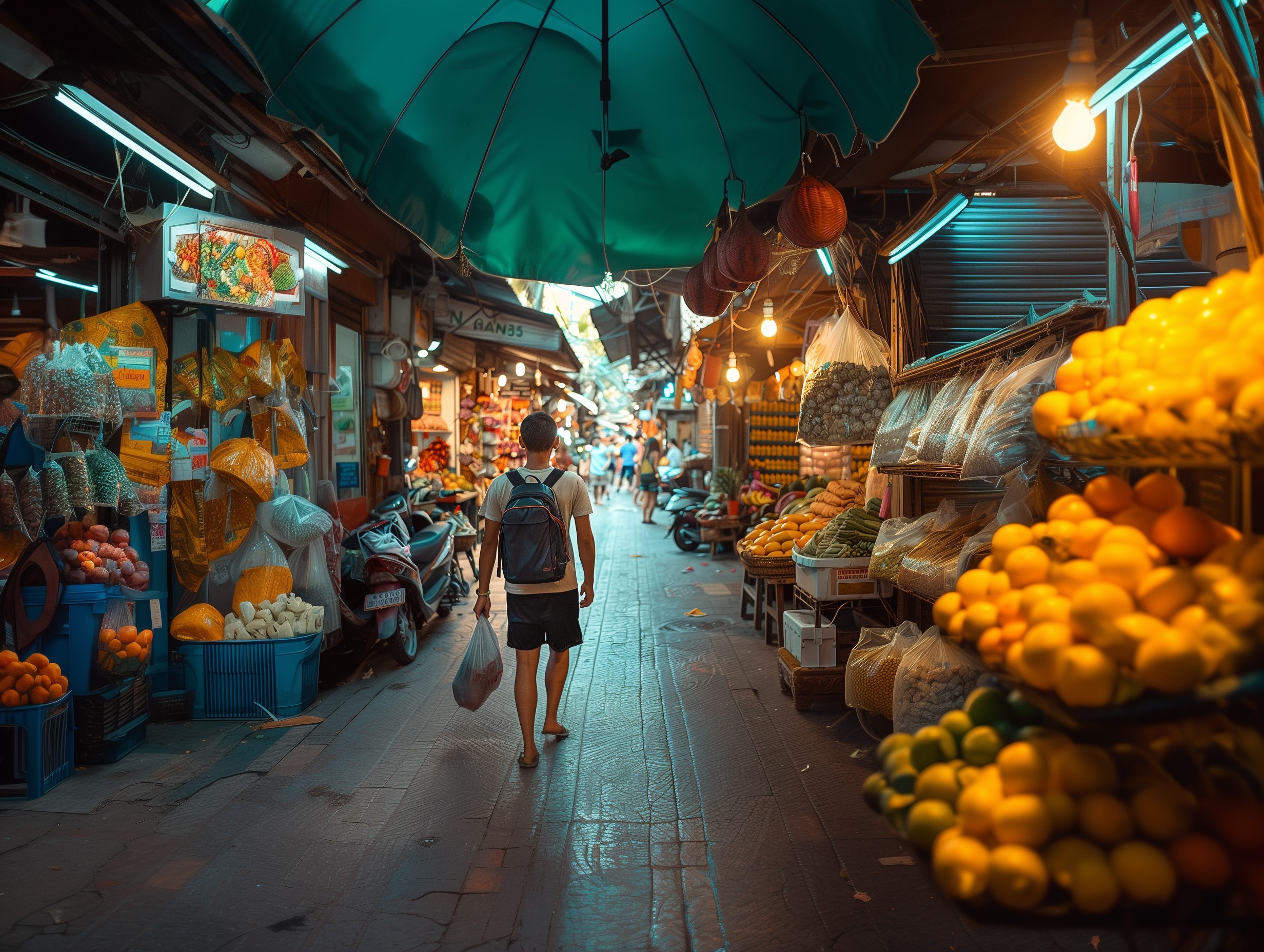
Before You Go
Check Travel Advisories
Before you embark on your journey, it's important to check travel advisories for your destination. Stay updated with the latest information about safety risks, political instability, natural disasters, and health concerns in the region. Government websites and international organizations like the World Health Organization (WHO) provide reliable sources of travel advisories. By being aware of potential risks beforehand, you can make informed decisions and take necessary precautions during your trip.
Arrange Your Travel Insurance
One of the most important steps in ensuring a safe journey is arranging suitable travel insurance. In case of any unexpected incidents or emergencies while traveling, having comprehensive coverage will provide financial protection and peace of mind. Before selecting an insurance policy, carefully review its coverage limits for medical expenses, emergency evacuation, loss/damage/theft of personal belongings, trip cancellation/interruption reimbursements, and any exclusions that may apply based on your intended activities or destinations.
Photocopy Important Documents
To minimize the impact of losing important documents while traveling abroad such as passports or identification cards., it's advisable to photocopy them before leaving home. Keep copies separate from original documents in a secure location like a hotel safe or hidden compartment within luggage. Additionally storing electronic scans/photos online through cloud services provides an extra layer of backup that can be accessed remotely if needed.
Research Your Destination
Researching your destination thoroughly prior to departure is key to ensuring a safe trip. Familiarize yourself with local customs/traditions/culture so as not to inadvertently offend anyone unintentionally.Particular attention should also be given to understanding local laws and regulations as they may differ significantly from those at home.Researching common scams/risks specific to the destination can help you stay vigilant and avoid falling victim to fraud or theft. Furthermore, it's important to be aware of any travel alerts/warnings for your intended location.
Packing Smart and Safe
When embarking on a journey, the way one packs can significantly influence both security and health during travel. Smart packing involves selecting versatile clothing items that can be mixed and matched to reduce luggage size, thus minimizing the risk of theft or loss while also ensuring ease of movement across various destinations. Utilizing compression bags not only saves space but also keeps belongings organized and less susceptible to damage. Including a first-aid kit with essentials such as band-aids, antiseptics, and prescribed medications is imperative for addressing minor injuries or illnesses without delay. To safeguard against environmental elements, packing weather-appropriate gear like sunscreen or raincoats protects one's health irrespective of destination climate changes. Equally important is the use of TSA-approved locks and luggage tags with contact information; these simple steps greatly enhance security by deterring tampering and facilitating the recovery of lost items. By adhering to these guidelines, travelers can enjoy a more secure and healthy journey.
Health and Wellness
Traveling opens up new horizons, but it also exposes one to various health risks and safety concerns. Staying healthy and secure during journeys necessitates a proactive approach to travel planning. Vaccinations should be updated based on the destination's health requirements, protecting against potential diseases prevalent in the area. Carrying a basic first aid kit along with necessary medications for allergies or chronic conditions can be lifesaving. Eating cautiously by choosing freshly prepared foods over raw or undercooked dishes reduces the risk of foodborne illnesses. Drinking bottled water instead of tap water is advisable in regions where water purity is questionable. Regular hand washing and using hand sanitizers help minimize the spread of germs, especially in crowded places like airports or train stations. Travel insurance that covers medical emergencies abroad provides peace of mind, ensuring access to quality healthcare when needed most. Additionally, adhering to local laws and customs can prevent legal issues that could compromise one’s safety and well-being.
Staying Safe on the Move
Use Reputable Transport Services
When traveling, it is important to use reputable transport services to prioritize your safety. Opt for well-known taxi companies or ride-sharing services that have a reliable reputation. This will help minimize the risk of getting into an unsafe vehicle or encountering unscrupulous drivers.
Stay Aware of Your Surroundings
One of the key safety tips for travelers is to stay aware of your surroundings at all times. Pay attention to the people around you and any suspicious activities in the area. Being alert can help you quickly identify potential risks and take necessary precautions.
Keep Your Belongings Secure
Keeping your belongings secure is paramount while traveling. Always keep valuable items such as passports, wallets, and electronic devices close to you and within sight. Utilize lockable bags or backpacks when possible, and avoid displaying expensive jewelry or accessories that may attract unwanted attention.
Avoid Risky Areas
To enhance personal safety while traveling, it is advisable to avoid risky areas known for high crime rates or political instability. Research about your destination beforehand and be aware of any areas that are considered unsafe for tourists. It's always better to err on the side of caution